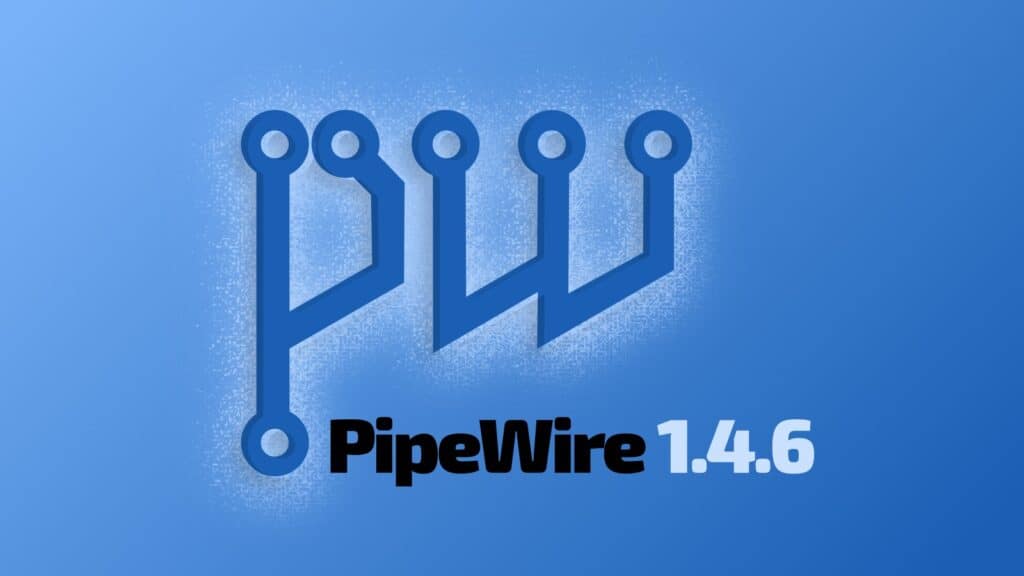PipeWire, a multimedia framework for handling audio and video on Linux systems, has just rolled out version 1.4.6, focusing on bug fixes and stability improvements.
One of the important fixes in this release addresses a crash in the filter-chain module, which could cause unexpected disruptions during audio processing.
Additionally, an issue in the ALSA plugin that occasionally led to instability has been resolved, making the overall experience more reliable for users relying on ALSA-based audio setups.
Latency reporting in the module-combine-stream has also improved, ensuring more accurate performance metrics—a small but meaningful tweak for those who depend on precise audio synchronization.
Under the hood, several modules received attention:
- module-combine-stream now handles latency more effectively.
- module-filter-chain saw fixes to prevent crashes during activation and deactivation.
- A new “context.property” option allows users to disable RAOP (Remote Audio Output Protocol) when needed.
For ALSA users, the update brings better error recovery, ensuring that dataflow continues smoothly even after an ALSA error occurs. The ALSA udev plugin also now supports the “alsa.use-ucm” property, giving users more control over their configuration.
On the PulseAudio server side, empty buffers are now properly marked, optimizing certain mixer operations—another subtle but useful refinement.
Lastly, GStreamer users will appreciate a resolved refcount issue in the device provider, preventing potential memory management hiccups.
Refer to the changelog for more information about all changes in the new version.
